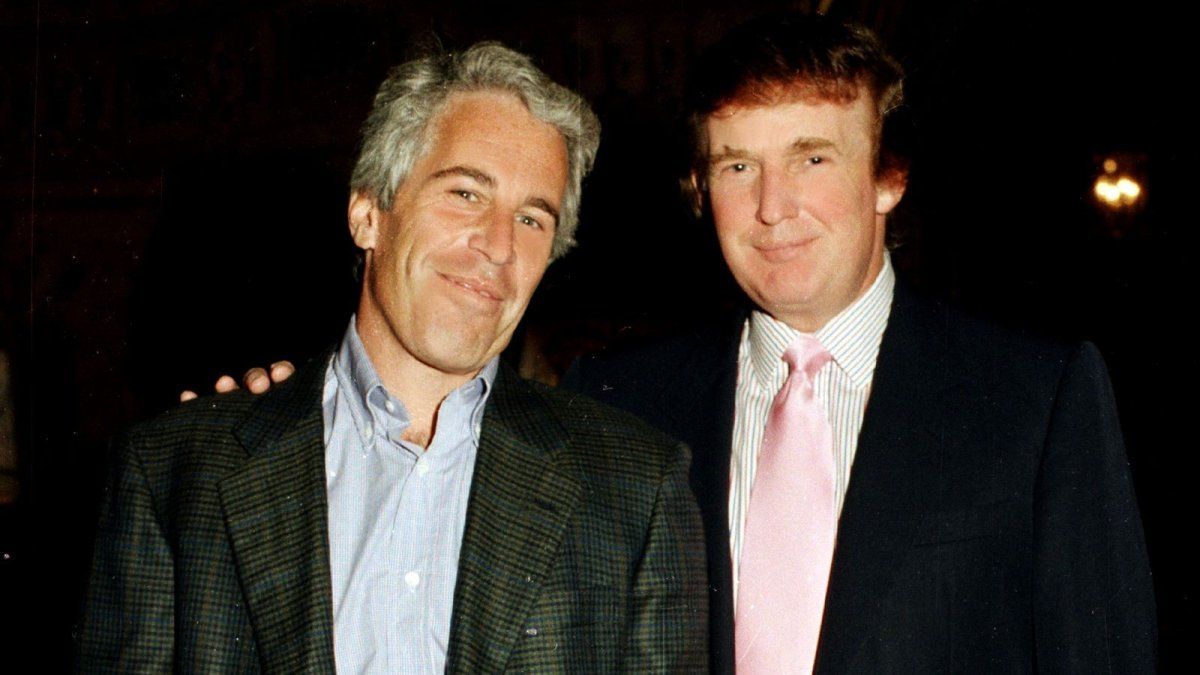Economic policy
Traffic lights in the direction dispute: What the economy expects
Copy the current link
Germany is in an economic crisis. The economy demands fundamental decisions. But the traffic light is divided.
The mood in the economy is in the basement, the economy in Germany is not getting going – and the divided traffic light coalition is looking for solutions. The FDP is ringing in the next round of separate summits on Monday. Finance Minister and FDP leader Christian Lindner as well as parliamentary group leader Christian Dürr have invited associations to a “top-level economic policy discussion”.
According to information from government circles, three rounds of Chancellor Olaf Scholz (SPD), Lindner and Economics Minister Robert Habeck (Greens) are scheduled for Monday and Tuesday. A coalition committee is also planned for Wednesday.
“Germany is facing a decision on its direction this fall,” Dürr told the German Press Agency. “The world’s third largest economy must now achieve a turnaround.” Germany has every potential to return to growth strength. “The question that still arises is: Do we have the courage to make major reforms? We need results that are effectively received by companies so that investments can be made again.”
In a policy paper, Lindner calls for a realignment of economic and financial policy. This further fuels the dispute over the direction in the coalition with the SPD and the Greens. The economy has high expectations of the federal government.
Difficult economic situation
The second year of recession in a row is expected for 2024. Germany is lagging behind other major economic nations. The situation in industry is the worst of all sectors of the economy, according to an economic survey by the German Chamber of Commerce and Industry. The crisis at VW is symbolic, where it is about plant closures and job cuts.
After an industrial summit, Chancellor Scholz announced that the location should be strengthened with a “pact for industry” that includes very specific measures. But Scholz did not say what measures these should be. It should continue on November 15th. On the day of the first industrial summit, the FDP organized a kind of counter-summit with business associations that were not invited to Scholz. The separate summits caused criticism and shaking of heads.
Business wants quick decisions
The expectations of the economy are clear: something has to happen – and quickly. “The economy now needs both, quick decisions for quickly effective measures and, at the same time, profound structural reforms that must be initiated now,” said Tanja Gönner, General Manager of the Federation of German Industries. “It is high time to turn things around for the industry in Germany.” Scholz is responsible for developing a common line from the federal government for more growth and competitiveness.
First of all, the government must implement its growth initiative quickly and without making any compromises. But that is not enough, says Gönner. Three more immediate measures must be taken during this legislative period in order to relieve companies of energy costs and increase their overall competitiveness.
Gönner mentions co-financing of network fees from the federal budget, a new “electricity market design” to ensure security of supply and provide impetus for investments, as well as a further significant acceleration of planning and approval procedures for industrial plants.
Other associations have also long been calling for lower energy prices, more investment in infrastructure and less bureaucracy and regulations. “Ever new reporting requirements have driven up companies’ administrative costs to irresponsible levels,” said Marie-Christine Ostermann, President of the Family Business Association.
Demand for clarity
The crisis is not just economic, but has tangible structural causes, said the managing director of the German Chamber of Commerce and Industry, Martin Wansleben. “Companies urgently need more clarity regarding improvements to the economic conditions in this country. The federal government must finally deliver.” It is time for the acceleration pact with the federal states to finally be properly implemented. The same applies to the growth initiative with its 49 individual measures.
Growth initiative not yet implemented
The federal government announced the growth initiative in July. For example, improvements in the depreciation of investments, the reduction of bureaucracy and more incentives for work are planned. The controversial supply chain law is intended to provide relief for companies.
According to the government’s estimates, the package could lead to additional growth of more than half a percent next year. But nothing of the growth initiative has been implemented yet, and many measures have not even been initiated by the cabinet. The Federal Council must agree to key points such as tax improvements. Because there will also be reduced tax revenue for the states, tough negotiations are expected.
It is also unclear how measures to reduce electricity costs, for example, should be financed. Scholz spoke out in favor of a billion-dollar federal subsidy for network fees. The money could come from funding actually intended for Intel. The ailing chip company had postponed the construction of a factory in Magdeburg. Lindner could put the Intel billions to good use to close gaps in the 2025 budget. Decisions are likely to be made soon: the crucial budget discussions will take place in mid-November.
dpa
Source: Stern
I have been working in the news industry for over 6 years, first as a reporter and now as an editor. I have covered politics extensively, and my work has appeared in major newspapers and online news outlets around the world. In addition to my writing, I also contribute regularly to 24 Hours World.




